Climate One TV: A Four-Zero Climate Solution and Donor Power: The Influence of Climate Philanthropy
Guests
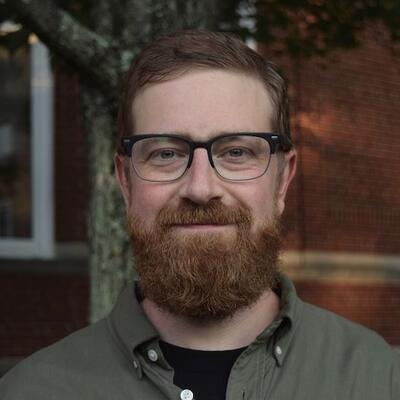
Tate Williams
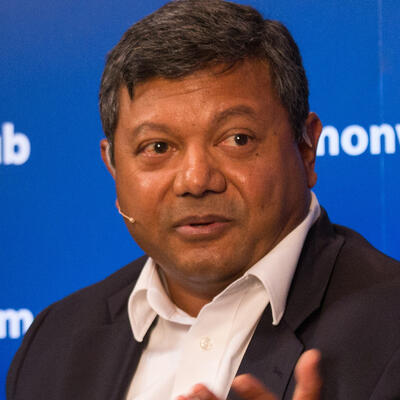
Arun Majumdar

Kate Gordon
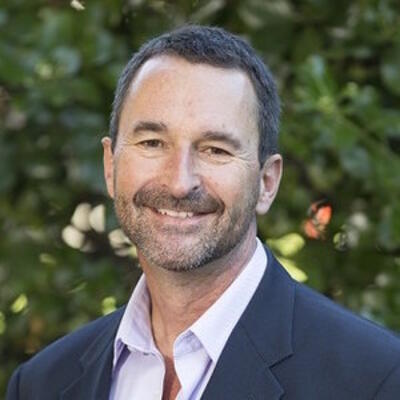
Hal Harvey
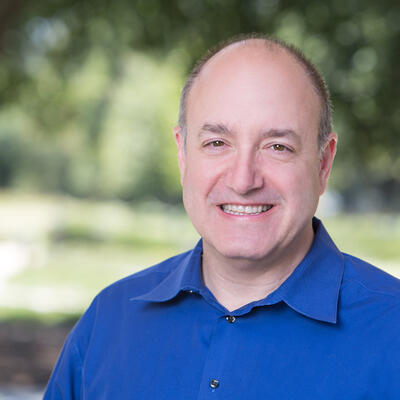
Larry Kramer
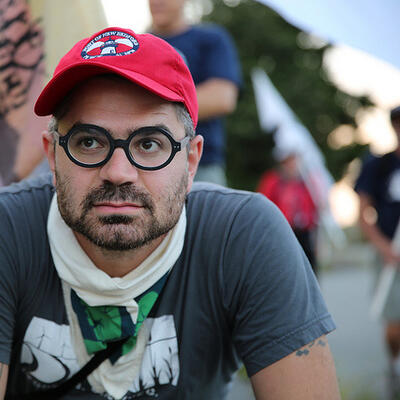
Farhad Ebrahimi
Summary
Stabilizing our climate is going to take some hard truths – and hard numbers. “If you look at 1.5 degrees, it's about 13 years,” says Stanford’s Arun Majumdar. “If you look at 2 degrees, it’s 20 years. And after that, it’s zero.” Meaning: zero time left to solve our planet’s climate problem. But there are ways to turn that zero into a plus – if we act fast enough. “We need to start thinking about carbon removal now,” says Kate Gordon of the Columbia Center on Global Energy Policy. “We can't wait for the second half of the century to start doing the research and development, and getting this to scale and figuring out the technology and stopping deforestation - because these things have got to be part of the current solution.” One way to fight back? With the power of zero: a zero emissions electric grid, zero emission transportation, zero emission buildings and zero waste manufacturing. Getting to zero in those four areas could be the climate solution – if we can all get on the same page. Later in the show: Fighting climate change isn’t cheap. Where’s the money coming from – and where is it going? Greg Dalton was joined by donors big and small for a Climate One discussion on harnessing the power of the purse in the fight against climate change. Major philanthropic organizations like Hewlett, Packard and Bloomberg are at the forefront when it comes to addressing climate change. But are their dollars going to the right places? Tate Williams of Inside Philanthropy thinks they could be doing better. “I find that even today philanthropy doesn't fund the grassroots enough; they don't fund movement building enough,” says Williams. “And then in particular, I find that they don't fund communities of color and low-income communities that have the most to lose when it comes to climate change.” In many ways, small to mid-sized foundations can be more effective on a grass-roots level. But Farhad Ebrahimi, founder of the Chorus Foundation, says that creating change means bringing everyone in the community to the table. #letstalkclimate https://climateone.org/ The Electric Grid 1:43 Electrify everything? 5:03 2 billion more cars 10:40 Autonomous Vehicles 12:22 Donor Power 15:22 Philanthropy wins? 20:08 Lightening Round! 22:58
